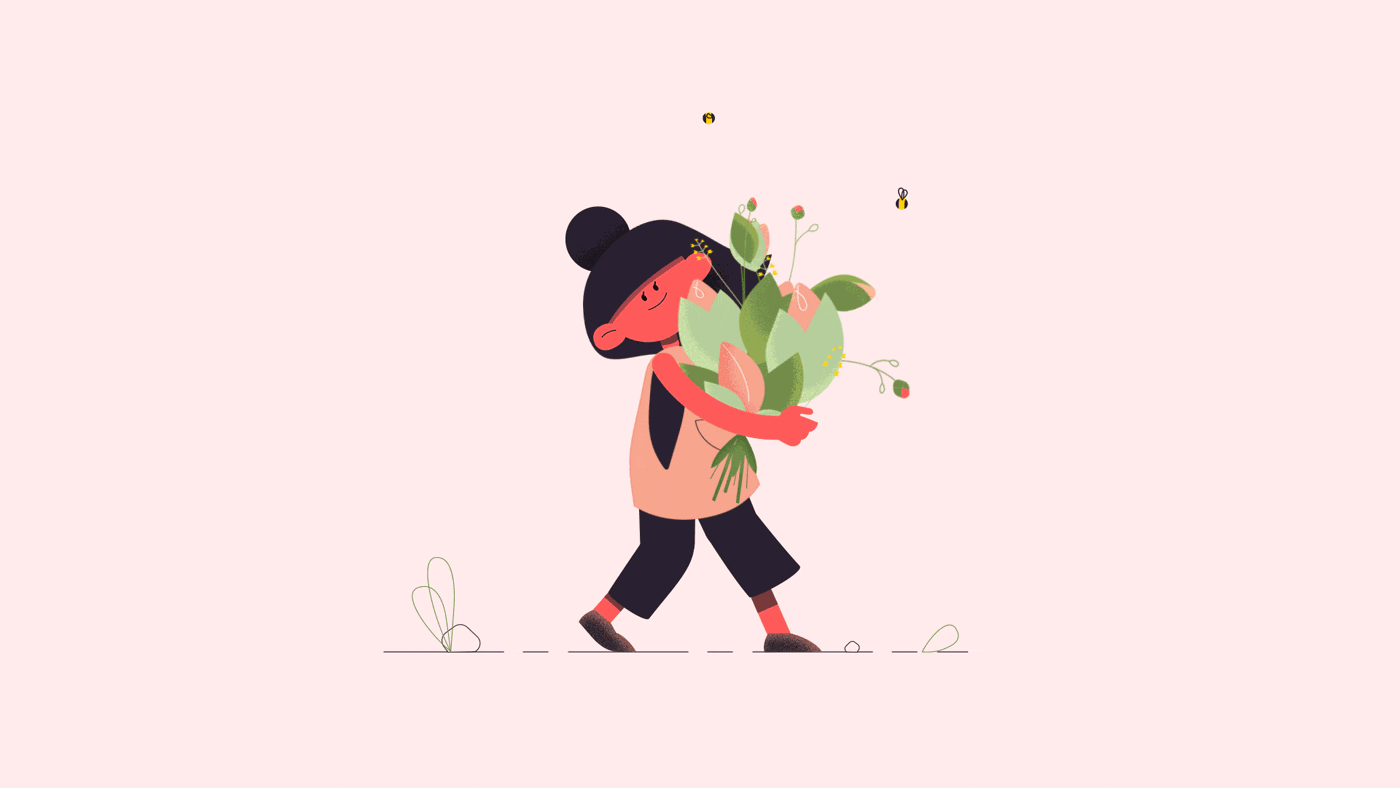A good cup of coffee after a long tiring day, a hug from a loved one in the morning, a great jog or an interesting conversation about the galaxy and stars. These experiences though varied have an emotion that may be experienced commonly, which is joy! Little pockets of peace and contentment that are spread across the everyday moments of our life.
Joy is often confused with happiness, although they are closely related and often occur simultaneously, these feel-good emotions aren’t synonymous because even when all our material and biological needs are satisfied, a state of sustained happiness will still remain a theoretical and elusive goal. Happiness unlike joy is often rooted in the current circumstance of a person’s life, often dictated by the good or bad circumstances whereas the beauty of joy is its ability to be experienced in what seems like an ordinary task of life.
“Happiness can be easily manufactured, joy comes through setting up the right conditions for it to suddenly appear,” says Forrest Talley, Ph.D., a clinical psychologist in California. Which implies joy is a choice purposely made, a habit to be practiced with intention. Being able to cultivate joy is a trait that all of us need to inculcate especially with the current pandemic posing a threat to our mental and physical wellbeing.
A research study conducted in Italy on vulnerability factors related to COVID-19 lockdown found higher severity and prevalence of depression, anxiety disorders, abnormal sleep, appetite changes, reduced libido and health anxiety under restrictions.
Another study found frequent consumption of COVID-19 mass media information or residents in highly infected communities reported higher depression and anxiety symptoms, particularly hypochondria in the latter.
On the other hand “Numerous studies suggest happiness and joy predict lower heart rate and blood pressure, as well as stronger immune systems,” says Susan Damico, M.A. director at the Devereux Center for Resilient Children. “Additionally, individuals who report having more positive emotions also have fewer illnesses, including minor aches and pains.” Finding joy also leads to longer life spans, Talley says. Research published in Journal of Happiness Studies found that happier individuals tended to live longer in 53% of the cases.
We can extract joy out of ordinary events by experiencing the moment to the fullest, getting into the details of our sensory stimulations and reflect upon the emotions generated within us, it can be as simple as savoring a good cup of coffee in the morning while smelling the aroma that fills the room or the warmth of a morning hug from a loved one, a sense of being loved and a rush of positive emotions that it gives you or admiring the nature while you take a stroll out in the garden, observe the flowering plants, bushes, and trees outside. Drink in their beauty and give thanks for their glory.
Another great way of cultivating joy is by being more intentional in remembering what you do have. Reflecting upon what you are grateful for during that moment, it may be as functional as your body that allows you to move. Like David Steindl- Rast, an American Benedictine monk, author, and lecturer once said “It is not joy that makes us grateful. It is gratefulness that makes us joyful.”
Being present in the moment and connecting to the reality, to experience it fully without replaying the past or anticipating the future is the only way to truly exist in the now and let joy flow in. A great way to do that is by being more mindful, using Mindfulness as a means to ground ourselves in the present moment.
According to a new study, laughter truly is contagious: the brain responds to the sound of laughter and preps the muscles in the face to join in the mirth. And like laughter, joy is contagious too. Finding ways to laugh more by spending time with loved ones, or seeking out positive people and experiences can increase the opportunities to experience Joy.
Experiencing joy can cause a chain reaction; it increases our ability to acknowledge and appreciate things in our life, enhances our ability to experience awe that makes us feel connected to something larger than ourselves, feel more altruistic; engaging in altruism can also help improve social connections and relationships, which can ultimately play a part in improving health and wellness; All of which provide for an emotional foundation to finding a sense of purpose or meaning in our life.
Achieving happiness is elusive. But feeling joy is possible right now by committing to feeling joy every single day as often as we possibly can.
References:
Cognitive and mental health changes and their vulnerability factors related to COVID-19 lockdown in Italy by Eleonora Fiorenzato, Silvia Zabberoni, Alberto Costa, Giorgia Cona.
Mental symptoms in different health professionals during the SARS attack: a follow-up study. Lung FW, Lu YC, Chang YY, Shu BC. others
